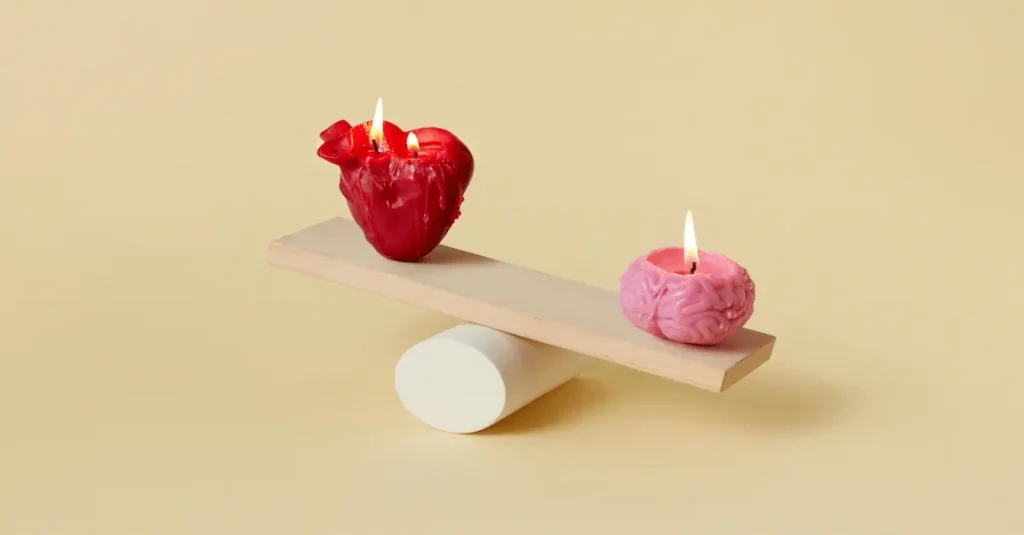Join Our Newsletter
Subscribe with your email to receive the latest news, updates, and exclusive offers.


Is love an addiction? According to some neuroscientists, it is! Romantic love can produce and release many ‘happy’ neurotransmitters into your bloodstream the effects of which can outmatch even the strongest of drugs.
So, if you are wondering what ‘being in love’ does to your brain and your whole body, read on.
The beginning stages…
When you meet someone you like, and you get that ‘butterfly’ feeling in your stomach, your dopamine levels rise. All this extra dopamine makes you super-excited every time you see the subject of your attraction and creates an intense craving in you to be around them as much as possible.
Another neurotrophin called the nerve growth factor adds to your euphoric state and makes you emotionally dependent on your new subject of interest. Finally, your serotonin levels can’t be high all the time, so they drop thus intensifying your desire for your new love.
This cocktail of hormones is the reason why couples can get so infatuated with each other. Studies found that the chemicals inside the brain of a person in love are almost the same as that in a person suffering from OCD.
Is it love? Or, is it only lust?
The limbic system is the emotional center of the brain which is responsible for experiencing romantic love. Lust, on the other hand, is ruled by the endocrine system. But, you shouldn’t think that lust is just a carnal primitive instinct. When you are lusting after someone, your brain works on a subconscious level.
In one study participants were shown photographs of good-looking people and were asked whether they think they are attractive or not. Researchers found that participants needed more time to give an attractive person an “okay.”
When they looked at the pictures, the extrastriate area of their brain (used for judging other people’s bodies) was active. However, their brain’s temporoparietal junction – used for judging our own body image – was also activated.
So, when you lust for someone, you are not only judging them – you are judging yourself as well.
As the relationship progresses…
As the relationship progresses, romantic partners are less obsessive as the bonding phase between them begins. After a year in the relationship, the nerve growth factors get back to normal, while serotonin levels are even more produced.
This means that even though things between you and your partner can feel less exciting, the rise of the serotonin produces a safe, trusting, stable and less-needy relationship.
Plus, the production of oxytocin (the hormone which is produced during an orgasm) helps to prevent you from obsessing thus forming a stable long-lasting relationship.
Years into the relationship…
The longer the relationship, the less dopamine is produced. However, this does not mean that the special bond between you and your partner is ruined.
In fact, there is one molecule called GRF (corticotrophin-releasing factor) that helps couples to stay together. This molecule is released every time a couple is separated and creates unpleasant feelings thus making the partners to miss each other.
The advantages of being in love…
You will think faster and smarter! In one study, participants were looking at a computer monitor as different names were rapidly flashing across the screen that they were not able to consciously recognize them. When the name of their love appeared on the screen, their cognitive skills drastically improved.
So, there you go! Now you have no excuse to not go out there and fall in love!
